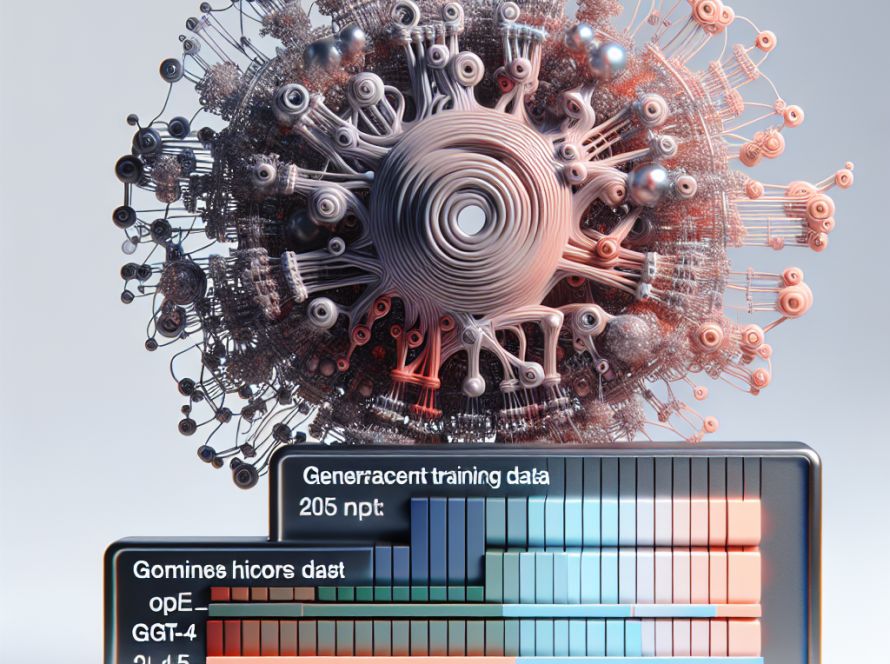Statistics is a critical backbone of fields like business, medicine, social sciences, and emerging domains like data science. It helps to predict future prospects, determine probabilities, answer surveys, and facilitate complex calculations. Ensuring that one is updated with the latest changes in this field is essential, and reading books on statistics is a helpful way to achieve that. Here are some of the top statistics books to read in 2024:
“Naked Statistics” is a perfect introductory book that simplifies statistical concepts like inference, correlation, and regression analysis using wit and humor. “Introduction to Statistics” focuses on fundamental statistical concepts like correlations, distributions, and the difference between descriptive and inferential statistics.
“Introductory Statistics” is more applied than theory-based, making it useful for individuals in non-mathematical fields. “Practical Statistics for Data Scientists” discusses employing statistical methods in data science using programming languages like Python and R.
“Head First Statistics” presents statistical concepts in an interesting manner, and “Statistics For Dummies” guides beginners on interpreting graphs and charts, doing hypothesis testing, and calculations.
“An Introduction to Statistical Learning” overviews statistical learning and how to implement analyses in R; it includes advanced themes like Bayesian additive regression trees. “Introduction to Modern Statistics” is for advanced readers, discussing simulation-based inference and Central Limit Theorem approaches.
“The Art of Statistics: How to Learn from Data” bolsters understanding of real-world issues through data and math. “Statistics for Absolute Beginners” covers hypothesis testing, linear regression analysis, confidence intervals, and probability theory.
“Modern Statistics” deepens grasp on statistical methodologies and their uses. “Think Stats” focuses on exploratory data analysis and features Python-based techniques. “Think Bayes” covers Bayesian statistical methods.
“Bayesian Statistics the Fun Way” makes statistics fun, using intriguing examples. “Statistics for People Who (Think They) Hate Statistics” uses humor to explain complex concepts. “Statistics Done Wrong” points out common errors in research.
“How to Lie with Statistics” informs readers how statistics can sometimes be misinformed. “Statistics and Finance” is about using statistics in finance, covering regression and GARCH models. “Psychology Statistics For Dummies” provides statistics instruction for psychology students.
“The Data Detective” introduces strategies to use statistics without biases. This book shows that data can help improve lives when used effectively. Email suggestions for books missed in this list to asif@marktechpost.com.


